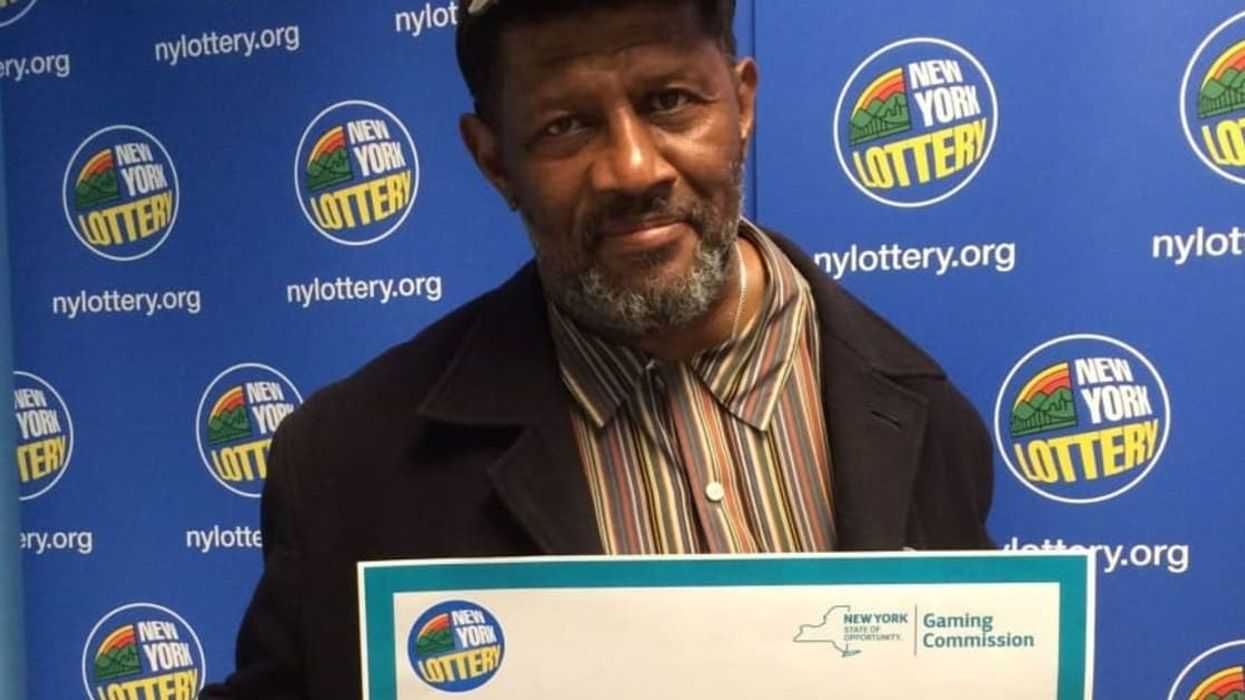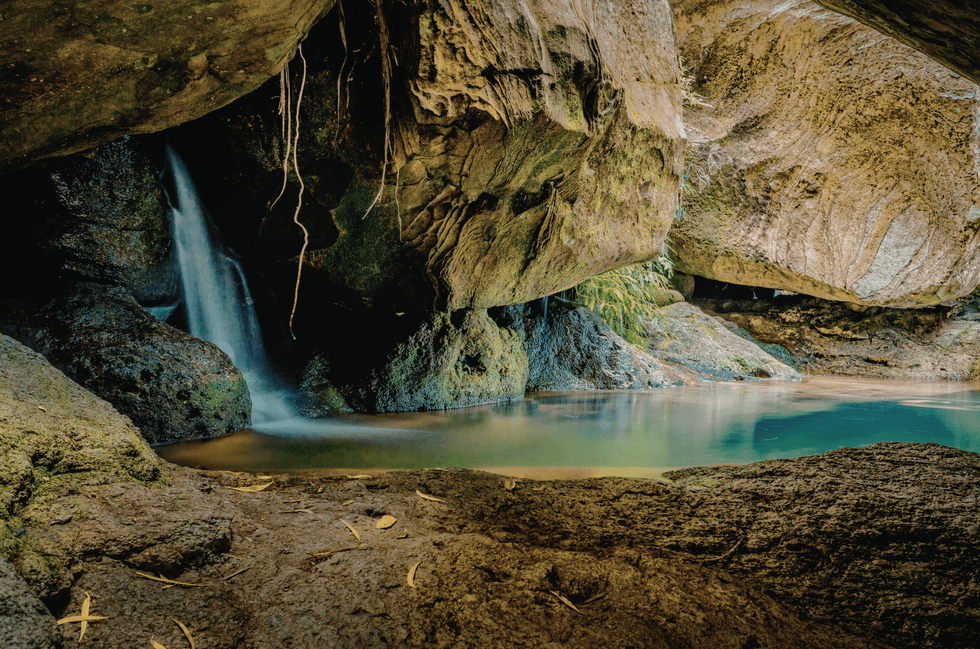Khaled Hasan just wanted to meet the people who make shutki, fish caught and dried by Bangladeshi tribal fishermen. But when he arrived at Ashar Chor, a small island in the Bay of Bengal, what the Dhaka-based documentary photographer actually found was far more poignant. As he writes in the project statement for Ashar Chor, a Vanishing Island, the island has become increasingly vulnerable to rising sea levels and the cyclones that plague the area, weather that Hasan and climate scientists attribute to global warming. The entire community relies on the shukti trade and doesn’t want to leave the only home—and way of life—they know. Yet dwindling access to fresh water and land (due to rising sea levels), and the devastating Cyclone Sidr, which decimated a third of Ashar Chor’s population, have left many islanders bereft. "We used to think of the sea as the thing that gave us our living. Now we are scared that another cyclone like the last one will mean we will be washed away completely," fisherman Sharif Uddin told Hasan. "I don't know what to do if this happens again." For his part, Hasan photographed this vanishing culture as a way to document it and also bring awareness to the impact of climate change. “Being a visual artist and a very small part of the society, I tried to bring out the hardship and hassles they face everyday in their life,” he wrote.
Search
Latest Stories
Start your day right!
Get latest updates and insights delivered to your inbox.
We have a small favor to ask of you
Facebook is critical to our success and we could use your help. It will only take a few clicks on your device. But it would mean the world to us.
Here’s the link . Once there, hit the Follow button. Hit the Follow button again and choose Favorites. That’s it!
The Latest
Most Popular
Sign Up for
The Daily GOOD!
Get our free newsletter delivered to your inbox
















 Some intense thinking.Photo credit:
Some intense thinking.Photo credit:  People support a distressed woman.Photo credit:
People support a distressed woman.Photo credit:  Smart guy with an idea.Photo credit:
Smart guy with an idea.Photo credit: 
 A subterranean waterfallCanva
A subterranean waterfallCanva



 The Emergency Department.Photo credit:
The Emergency Department.Photo credit:  Little girl with a splinter.Photo credit:
Little girl with a splinter.Photo credit:  Woman on phone after car accident.Photo credit:
Woman on phone after car accident.Photo credit: 

 A hotel clerk greets a guestCanva
A hotel clerk greets a guestCanva Gif of Faye Dunaway' as Joan Crawford demanding respect via
Gif of Faye Dunaway' as Joan Crawford demanding respect via  An empty rooftopCanva
An empty rooftopCanva